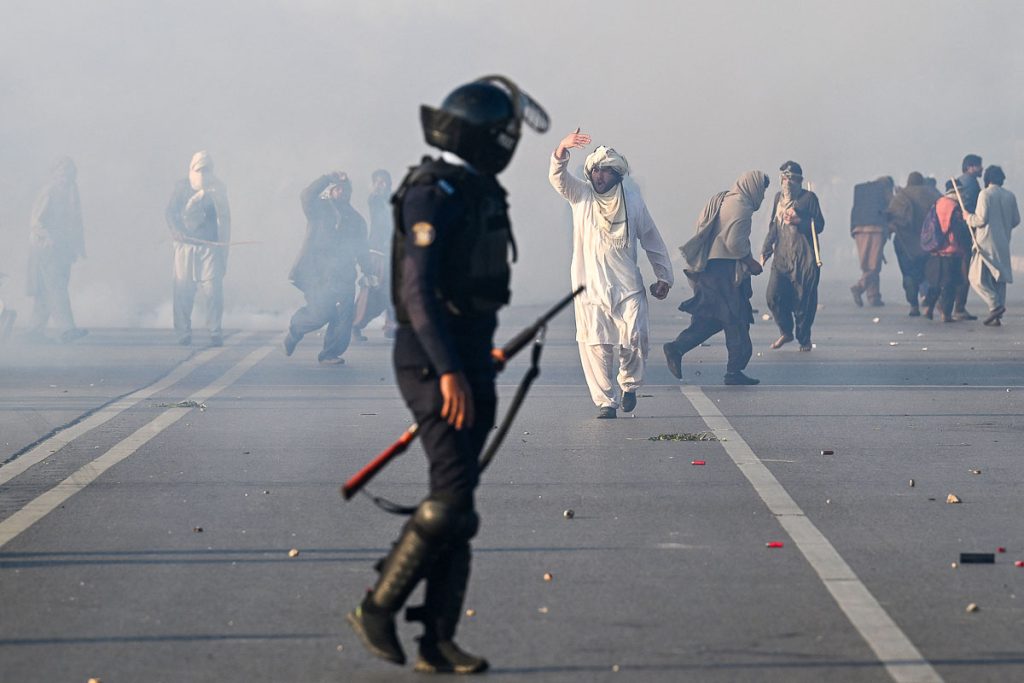Political opposition is a cornerstone of democracy, but when a party actively lobbies against its own country’s economic stability on international platforms, the line between opposition and sabotage blurs. The Pakistan Tehreek-e-Insaf (PTI) has gone beyond traditional political rivalry, engaging in an unprecedented campaign to block financial assistance to Pakistan.
From writing letters to the International Monetary Fund (IMF) urging them to withhold loans to staging protests outside IMF offices in the United States, PTI’s actions raise serious concerns about their motives and the broader implications for Pakistan’s economic sovereignty.
At the heart of this controversy is PTI’s political dossier, a document reportedly aimed at painting Pakistan as an economically unstable country that does not deserve financial assistance. By questioning the legitimacy of Pakistan’s financial policies on global forums, PTI is not merely targeting the government; it is undermining investor confidence, threatening economic recovery, and reinforcing negative international narratives.
Such actions do not just impact political rivals; they affect the livelihoods of millions of Pakistanis who rely on economic stability for their future.
No patriotic political party in any democratic country has ever directly lobbied international institutions against their own economy. Even the most bitter political opponents prioritize national interests when it comes to foreign policy and economic survival. What PTI has done is a stark deviation from global political norms prioritizing its own power struggle over the well-being of the nation.
The timing of this campaign is particularly alarming, as Pakistan has been striving to regain financial stability after economic turmoil. Efforts to attract foreign investment and secure much-needed financial assistance are now at risk due to PTI’s reckless lobbying.
Beyond economic consequences, PTI’s actions also damage Pakistan’s diplomatic standing. International financial institutions, donor agencies, and foreign investors closely monitor the political environment of countries before making commitments.
When a major political party itself is seen questioning the credibility of its own country’s financial system, it sends a dangerous signal—one that strengthens the hands of those who wish to see Pakistan economically isolated.
The question that arises is simple: does political opposition justify such extreme measures? PTI’s strategy appears to be less about holding the government accountable and more about creating an economic crisis that would weaken the ruling coalition.
The assumption seems to be that if Pakistan faces financial collapse, public anger will translate into electoral gains for PTI. But in doing so, they are playing a dangerous game—one that risks long-term damage to Pakistan’s financial credibility.
Pakistan’s economy does not belong to any single party; it is the collective responsibility of all stakeholders, including the opposition. While healthy political debate is necessary for a functioning democracy, crossing the line into economic sabotage is a betrayal of national interests.
If political differences escalate to the point where one party seeks to cripple the country’s financial future, it raises fundamental questions about their commitment to the state itself.
As the government works to repair the damage done by PTI’s international lobbying, one thing is clear: political ambitions should never come at the cost of national sovereignty. Pakistan’s economic survival is not a bargaining chip for political power it is a red line that no responsible political party should ever cross.


